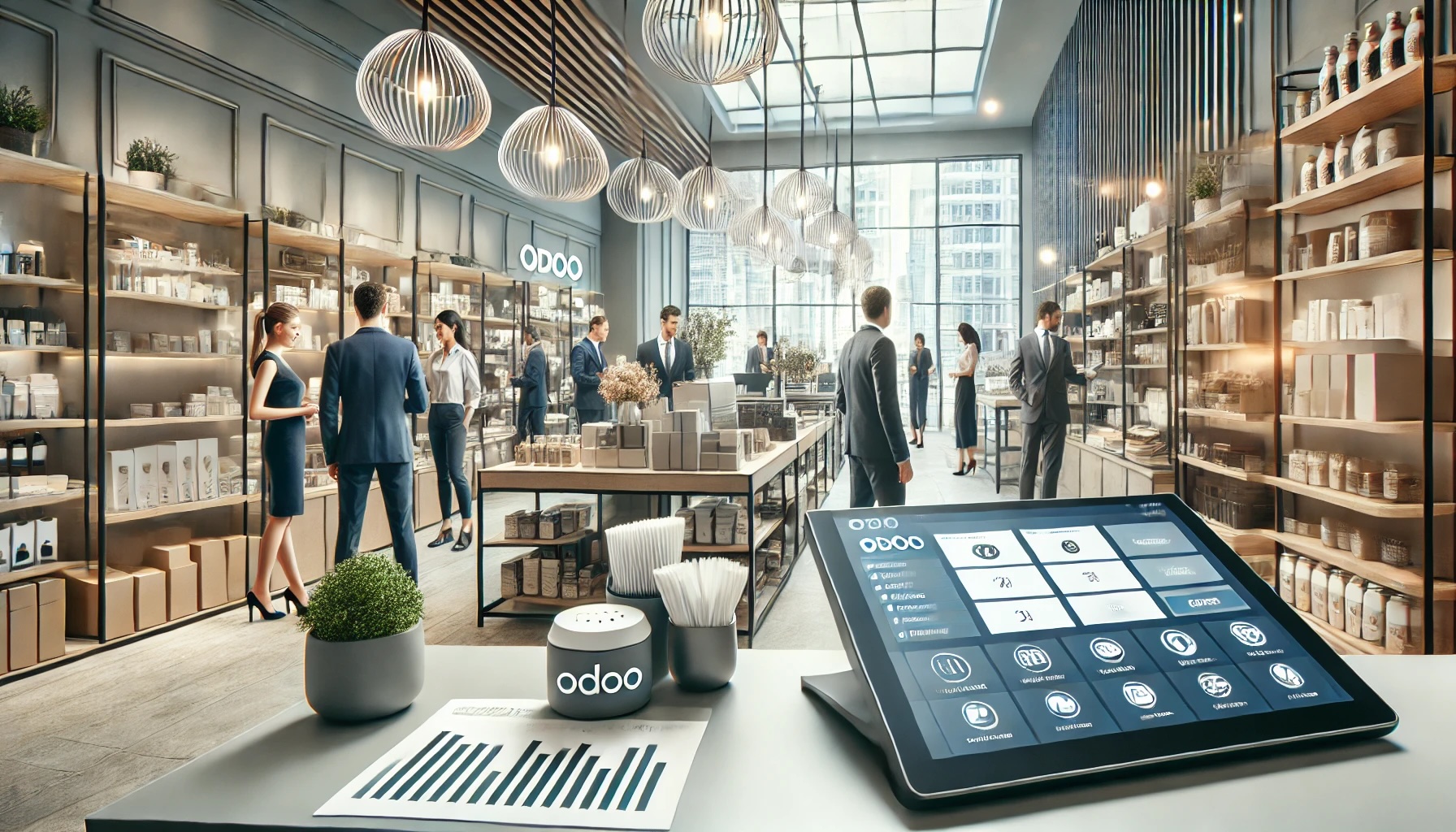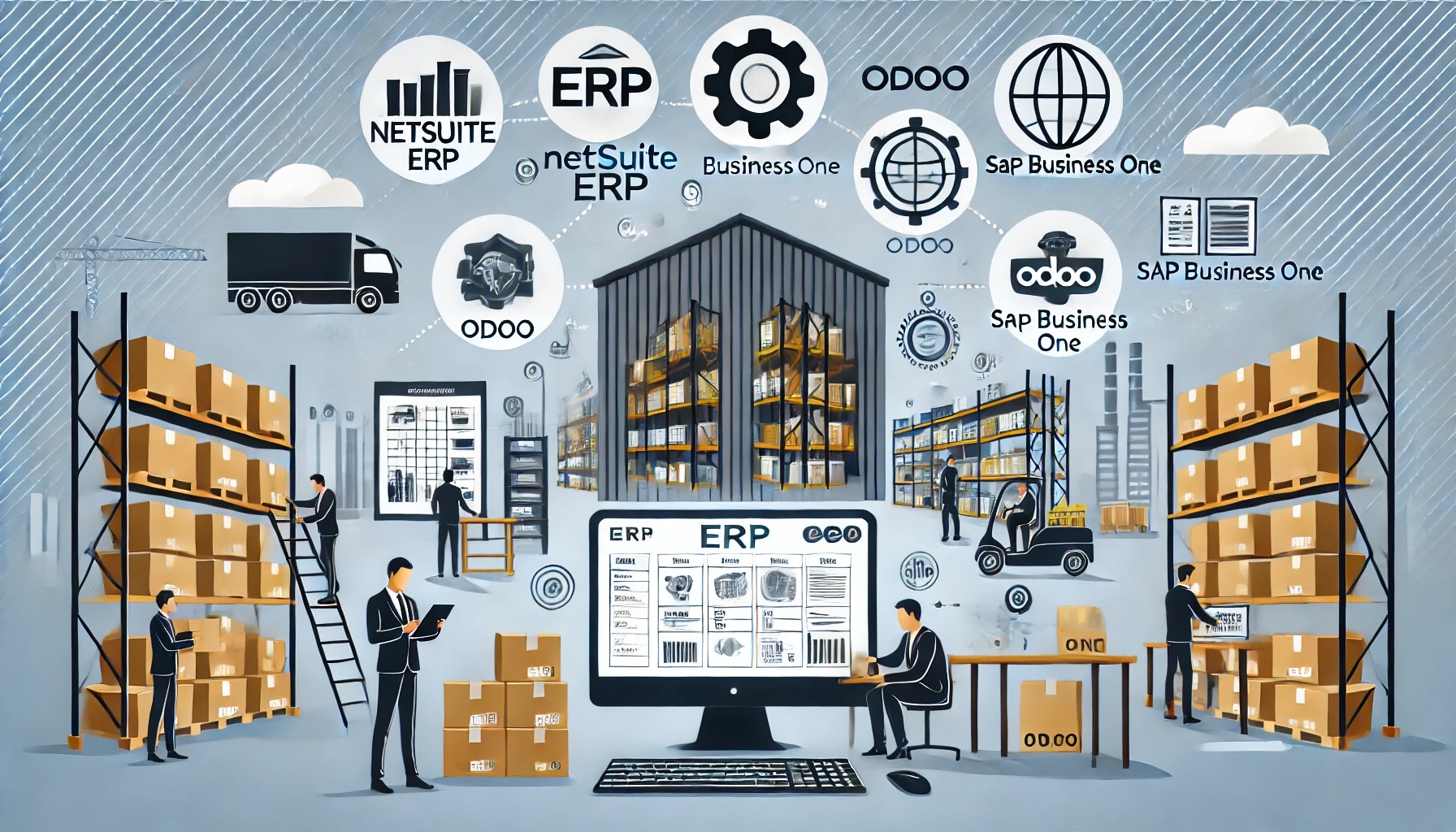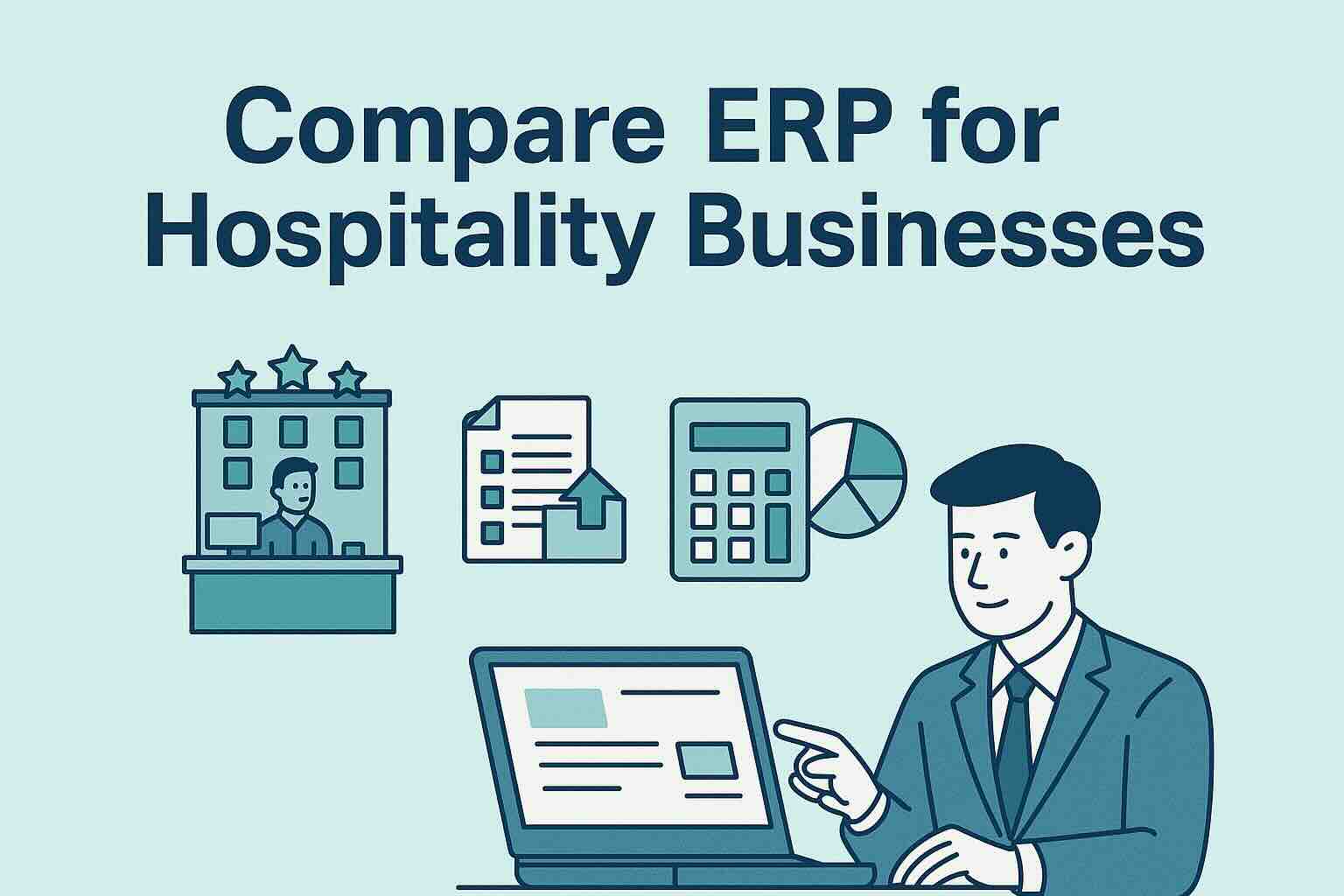Is Odoo a Good ERP for Retail Businesses?

In the fast-paced world of retail, businesses are constantly seeking ways to streamline operations, enhance customer experiences, and improve profitability. Enterprise Resource Planning (ERP) systems are crucial tools that can help achieve these goals. One ERP system that has been gaining traction in the retail sector is Odoo. But is Odoo a good ERP for retail businesses? Let’s explore the features, benefits, and potential drawbacks of using Odoo for retail.
Why Consider Odoo for Retail?
Comprehensive and Modular System
Odoo is a comprehensive, open-source ERP system that offers a wide range of applications to manage different business functions. For retail businesses, this modularity is a significant advantage. Retailers can choose from various modules such as inventory management, point of sale (POS), e-commerce, sales, purchasing, and more, tailoring the system to their specific needs.
Inventory Management
Efficient inventory management is crucial for retail businesses. Odoo’s inventory module provides real-time tracking of stock levels, automated reordering, and detailed reporting. This helps retailers maintain optimal stock levels, reduce carrying costs, and avoid stockouts or overstock situations.
Point of Sale (POS)
Odoo’s POS module is designed to handle retail transactions efficiently. It integrates seamlessly with other Odoo modules, providing a unified system for managing sales, inventory, and customer data. The POS system is user-friendly, supports multiple payment methods, and can operate both online and offline, ensuring business continuity even during internet outages.
E-commerce Integration
For retailers with an online presence, Odoo’s e-commerce module is a powerful tool. It allows businesses to create and manage online stores, track orders, and synchronize inventory between physical and online stores. This integration ensures that all sales channels are aligned, providing a consistent customer experience and accurate inventory management.
Customer Relationship Management (CRM)
Understanding and managing customer relationships is vital for retail success. Odoo’s CRM module helps businesses track customer interactions, manage sales leads, and analyze customer behavior. This information can be used to personalize marketing efforts, improve customer service, and ultimately drive sales.
Benefits of Using Odoo for Retail
Customizability
One of the standout features of Odoo is its customizability. Retail businesses can customize Odoo to fit their unique workflows and processes. Whether it’s adding new modules, integrating third-party applications, or developing custom features, Odoo offers the flexibility to create a tailored solution.
Cost-Effective
As an open-source ERP system, Odoo can be more cost-effective than many proprietary ERP solutions. Businesses can start with the free version and add paid modules as needed. This pay-as-you-grow approach makes it accessible for small and medium-sized retailers with limited budgets.
Scalability
Odoo is highly scalable, making it suitable for retailers of all sizes. As a business grows, Odoo can easily scale to accommodate increased transaction volumes, additional users, and new business processes. This scalability ensures that the ERP system can support the business throughout its growth journey.
Community and Support
Odoo has a large and active community of users and developers. This community contributes to the continuous improvement of the software, offers support, and shares best practices. Additionally, Odoo provides professional support and implementation services, ensuring businesses can get the help they need to maximize the system’s potential.
Potential Drawbacks
Implementation Complexity
Implementing an ERP system like Odoo can be complex and time-consuming. Retailers need to invest time and resources in planning, customization, data migration, and training. Without proper planning and expertise, implementation challenges can arise.
Learning Curve
While Odoo is user-friendly, there is still a learning curve associated with mastering the system. Employees need to be trained to use the various modules effectively, which can require time and effort, particularly for businesses new to ERP systems.
Conclusion
Odoo offers a robust and flexible ERP solution for retail businesses. Its comprehensive features, customizability, cost-effectiveness, and scalability make it an attractive choice for retailers looking to streamline operations and improve efficiency. However, businesses should be prepared for the complexities of implementation and the learning curve involved. With proper planning and support, Odoo can be a powerful tool to help retail businesses thrive in a competitive market.
By leveraging the strengths of Odoo for retail, businesses can enhance their operational efficiency, provide better customer experiences, and drive growth in an increasingly digital and dynamic retail environment.
To compare Odoo with 100s of other ERP solutions, you can use our new AI-powered Compare ERP tool. It’s free to use and you get a guaranteed discount on your first year’s licence fees with a referral from Compare ERP.









